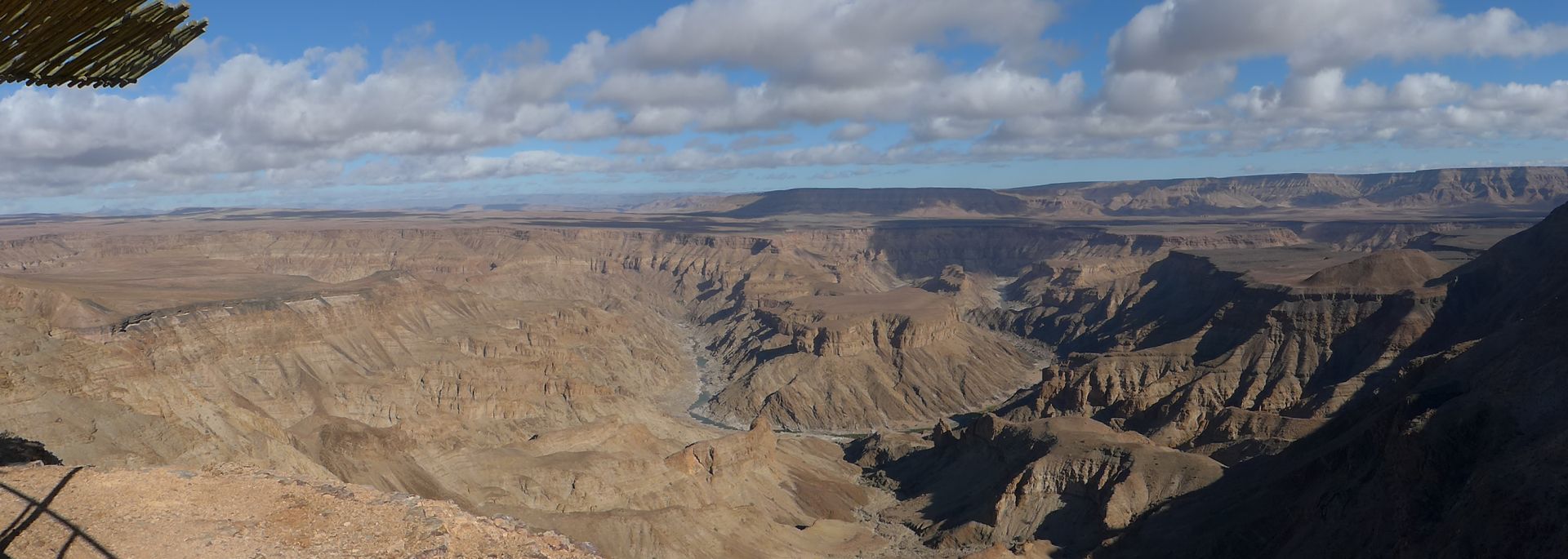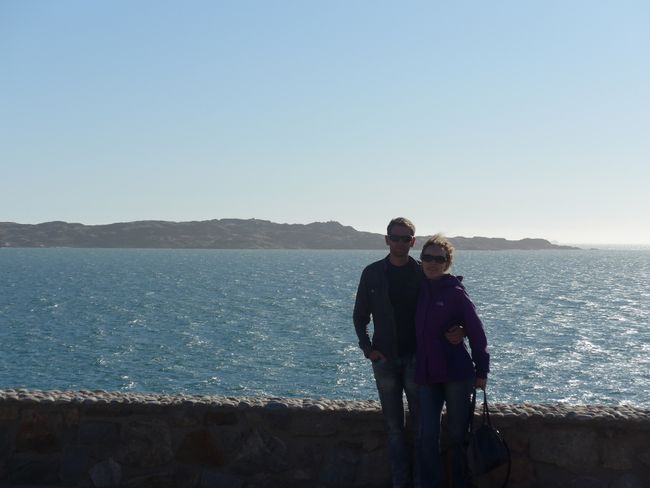Oranienbaum, no beavers, but falcons
Objavljeno: 02.07.2020
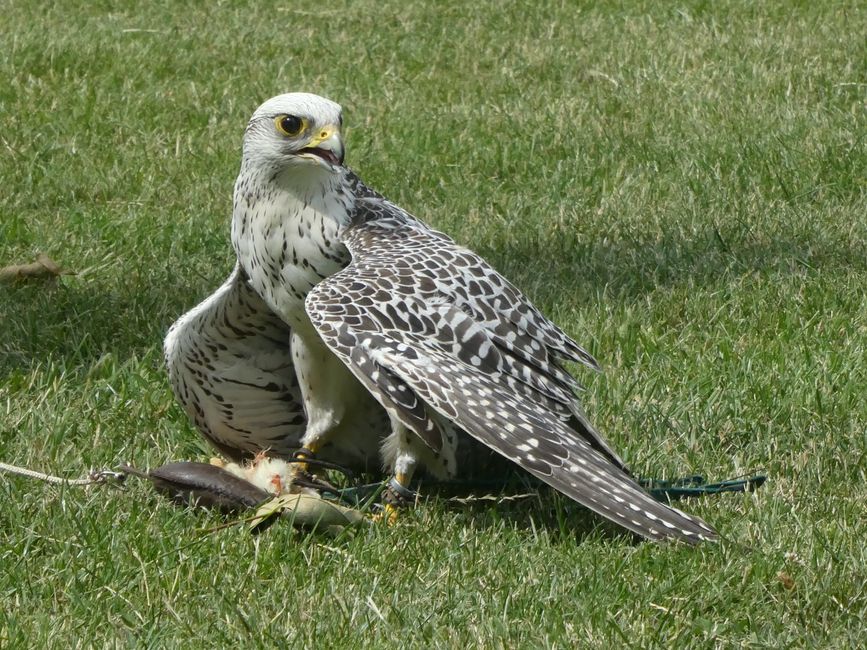

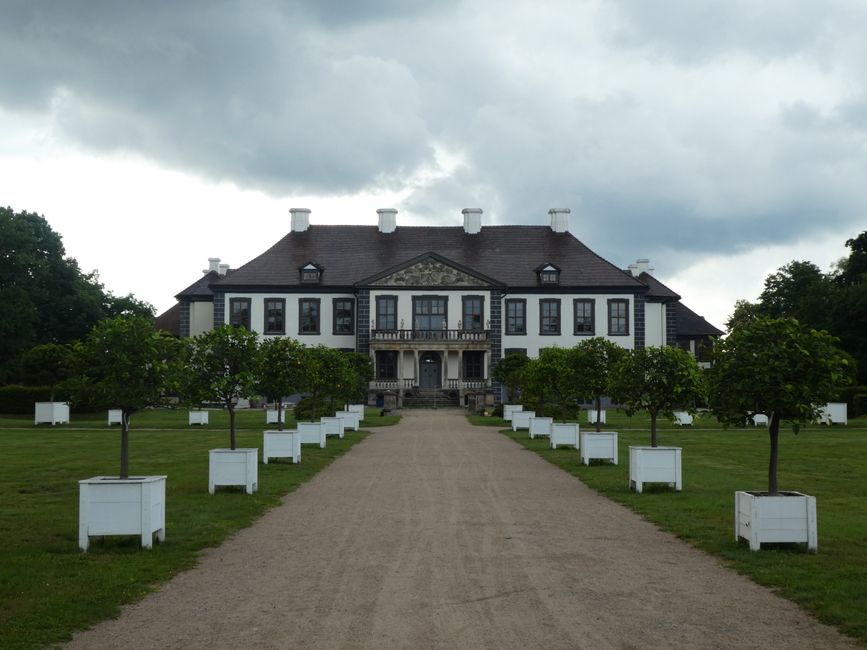
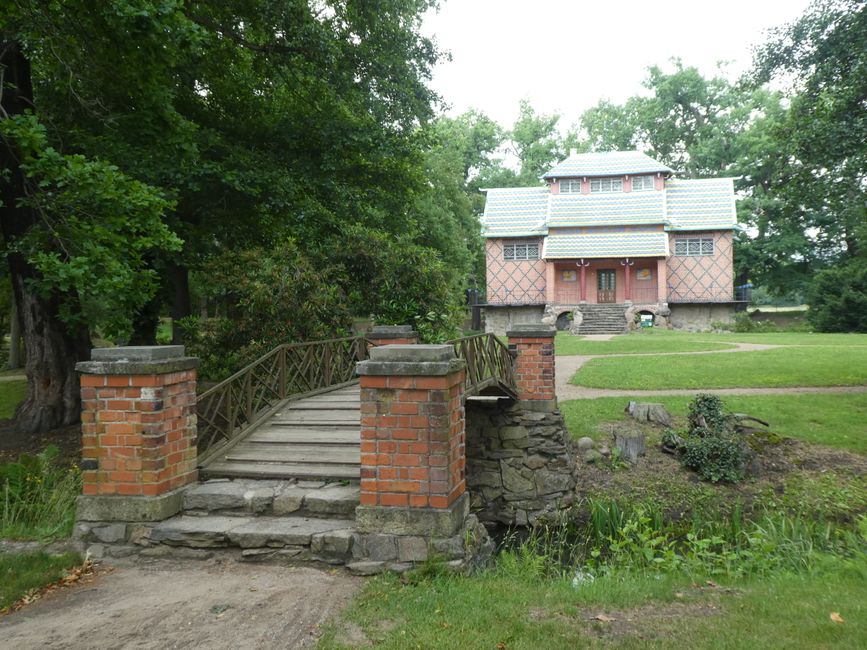
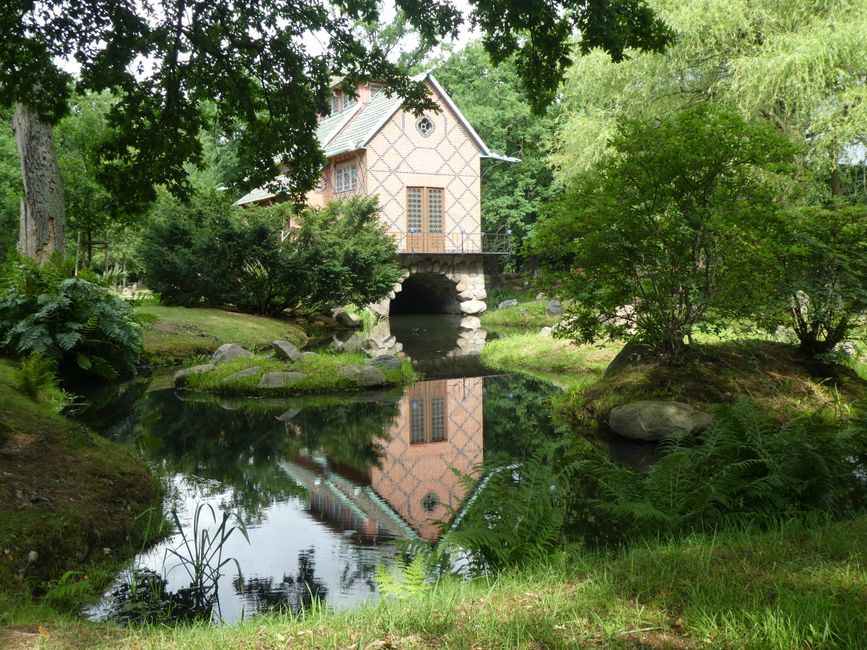
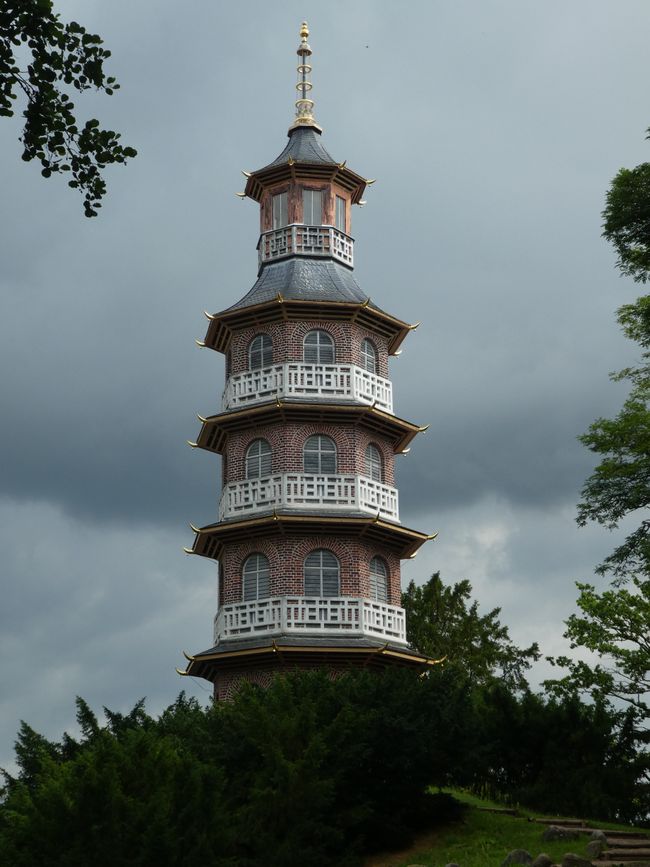
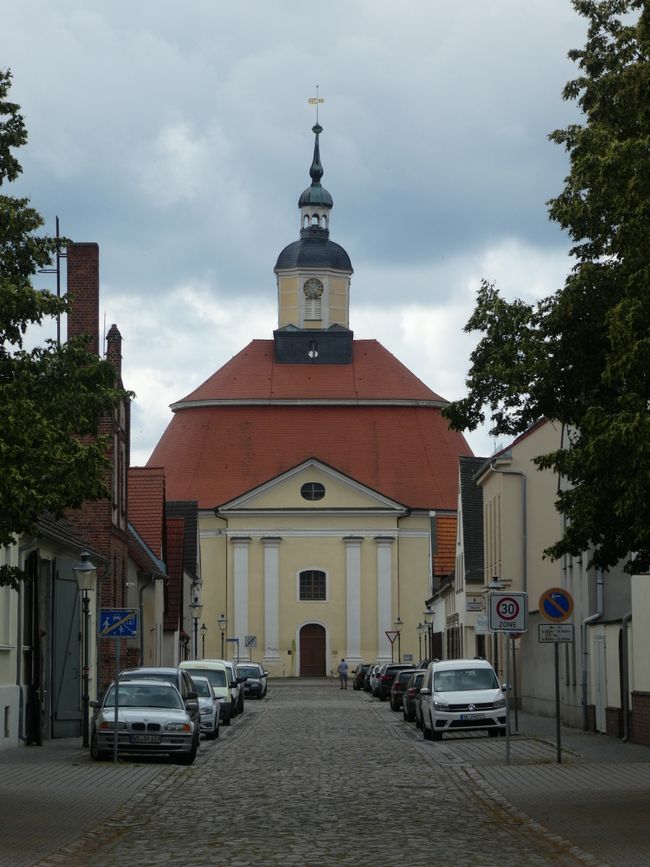
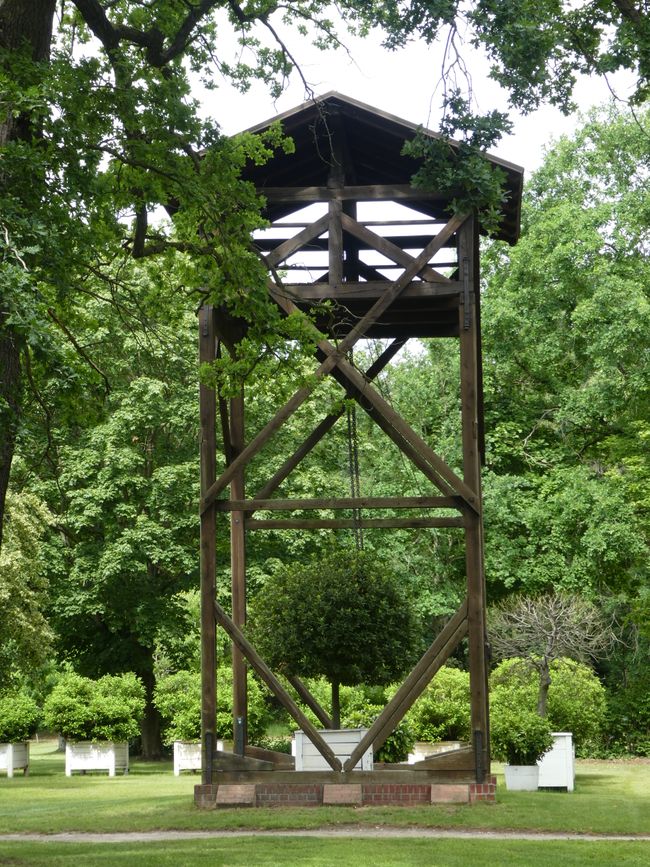
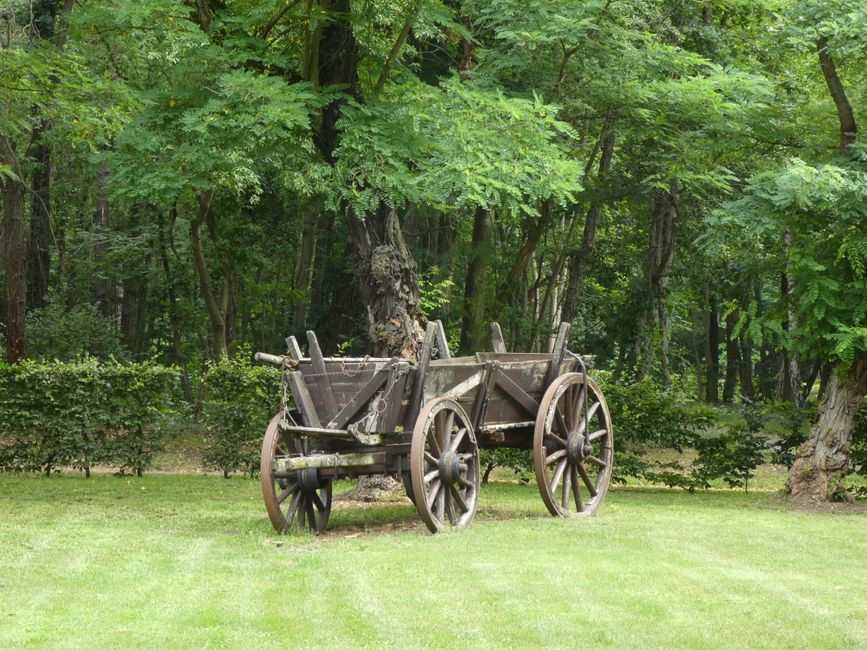
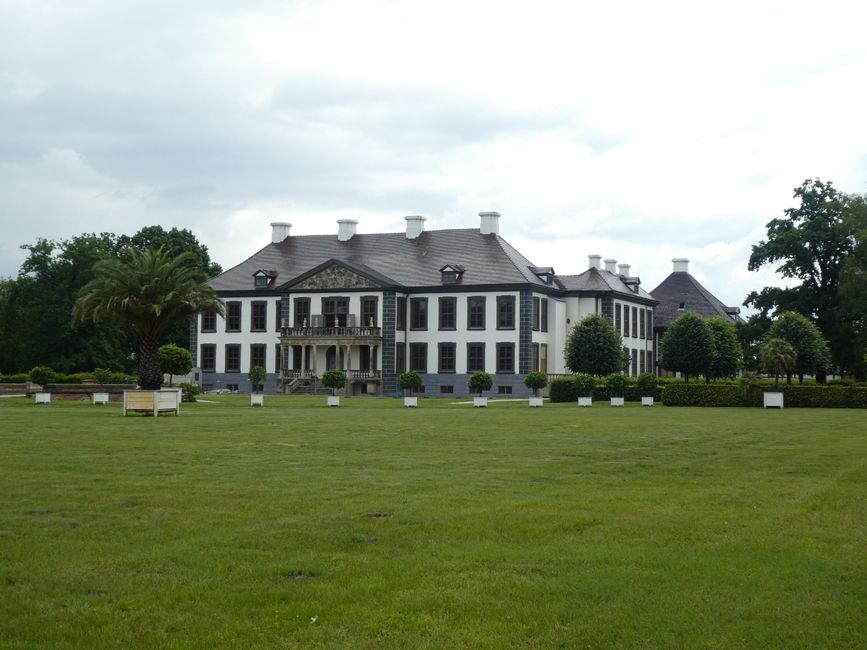
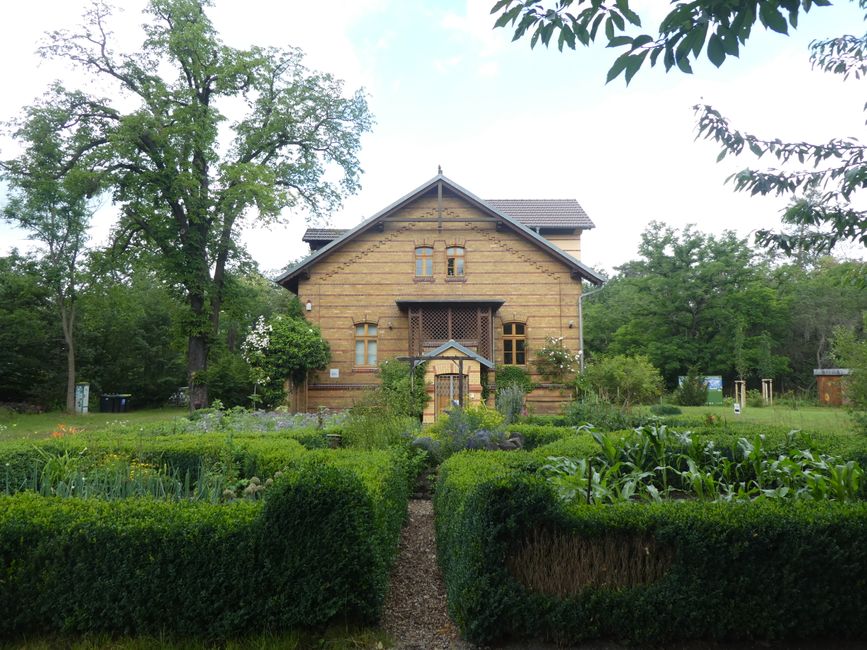
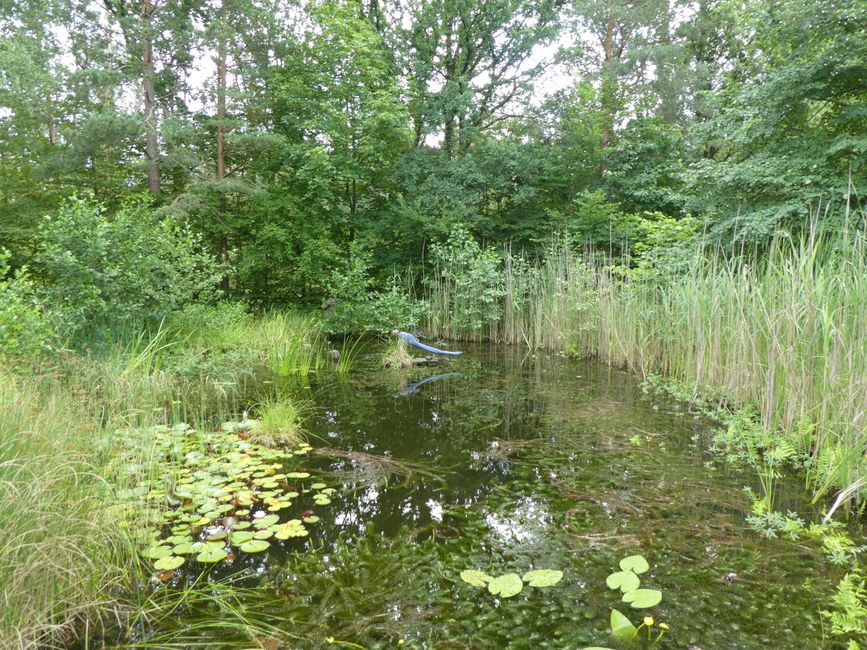
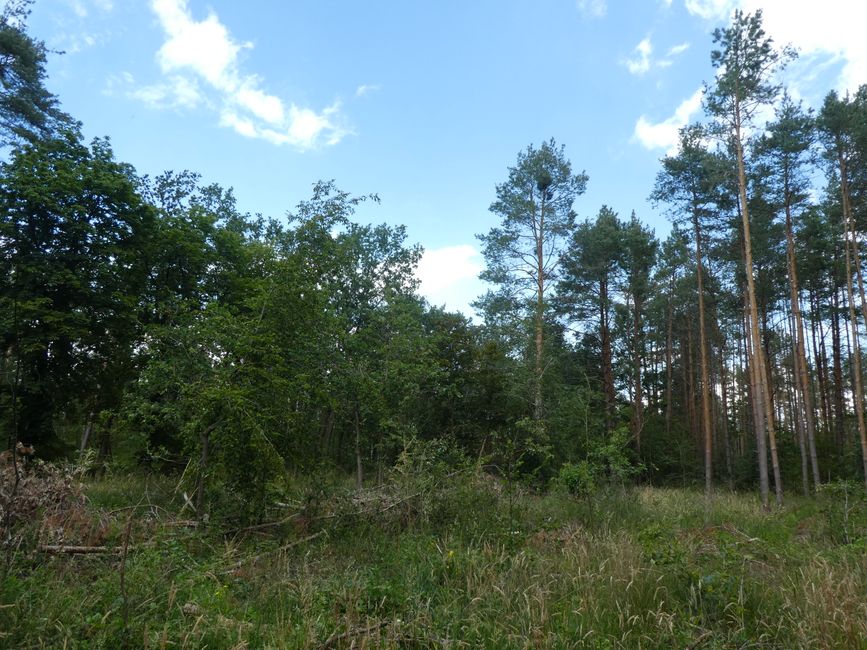
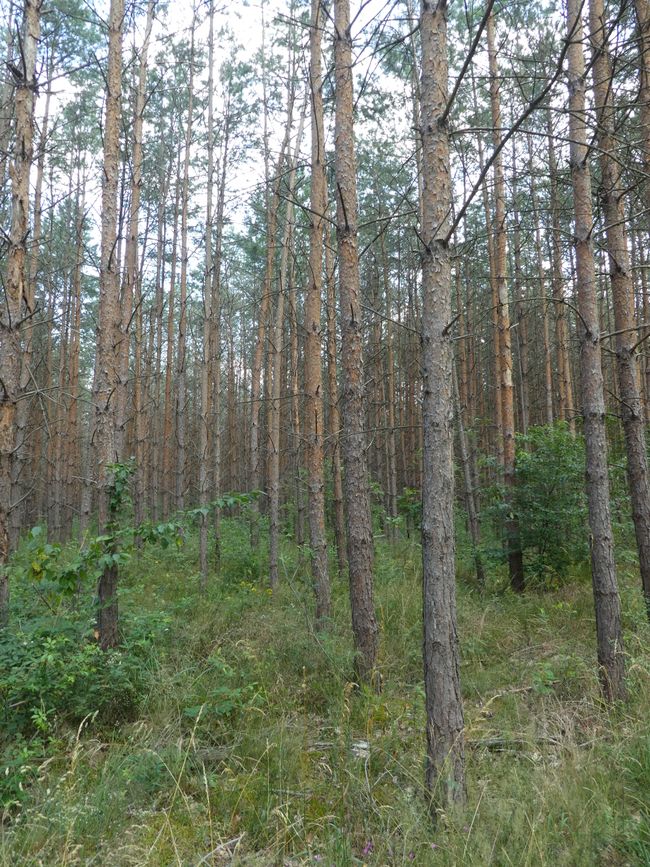
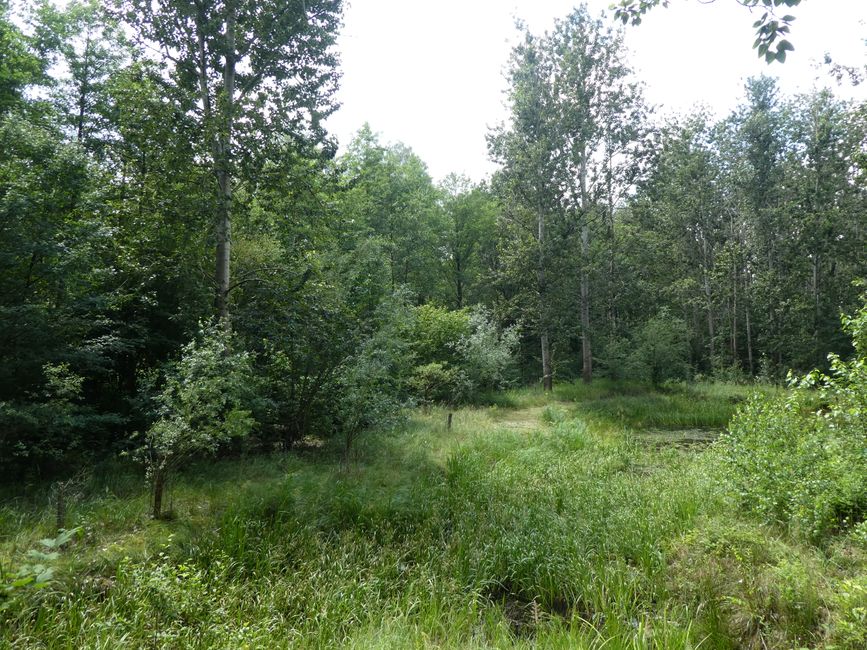
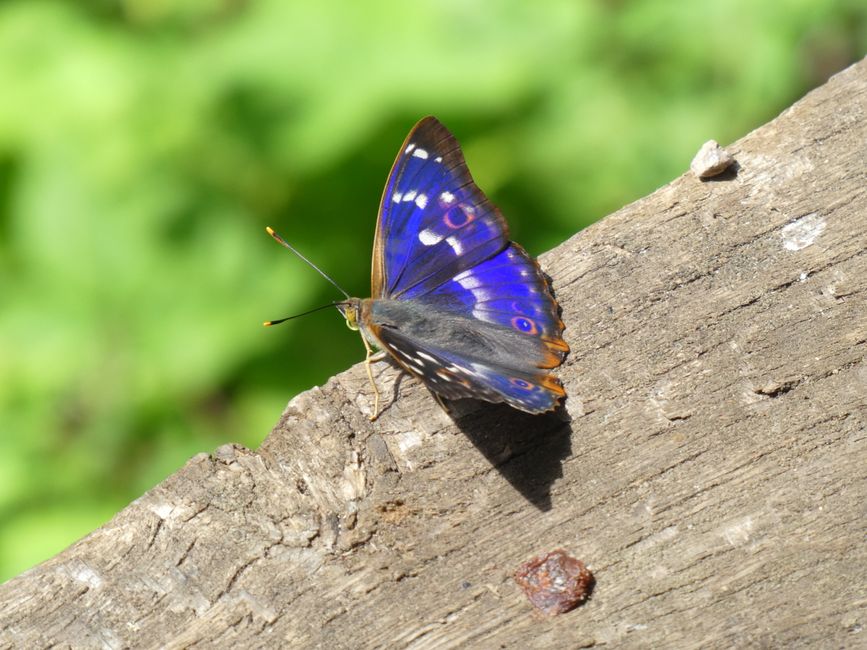
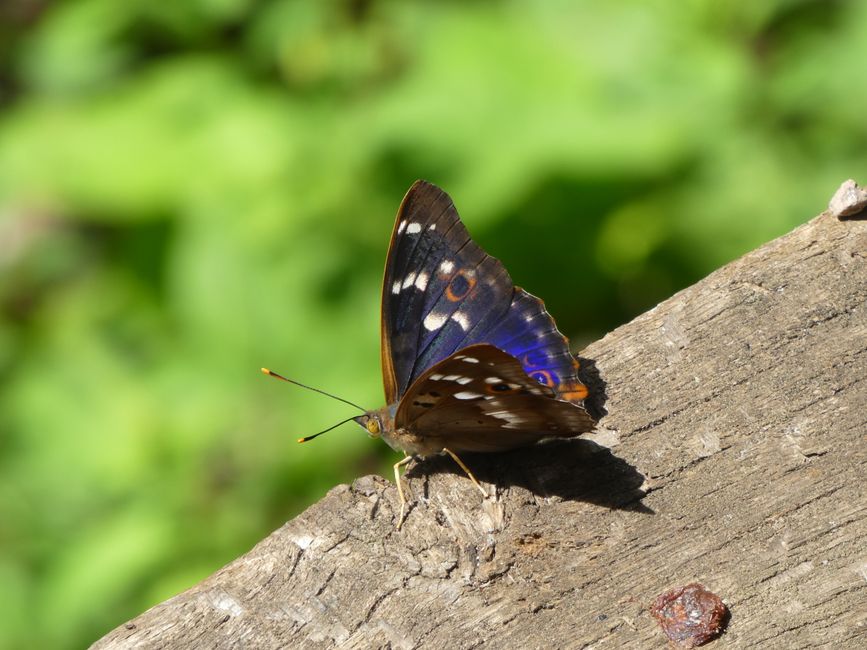
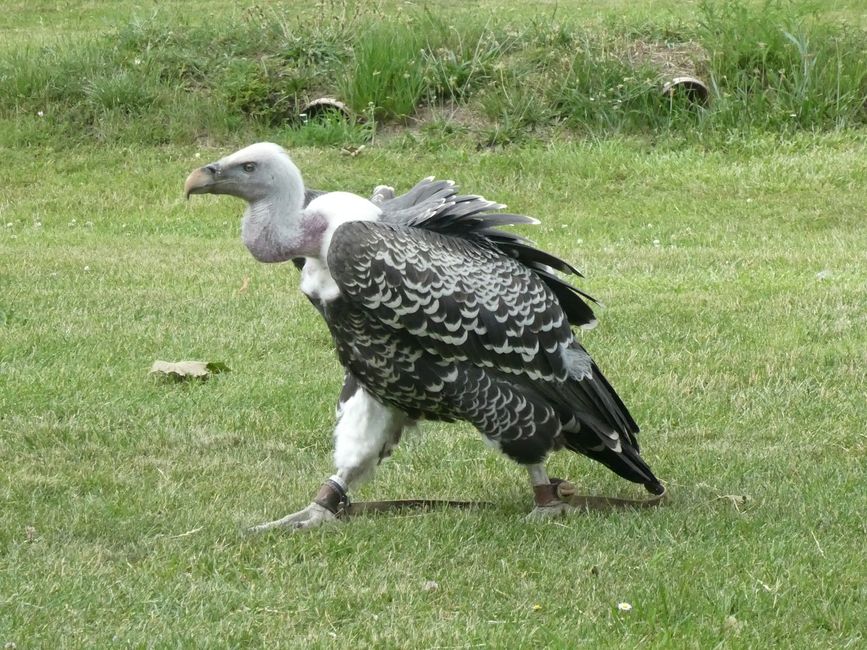
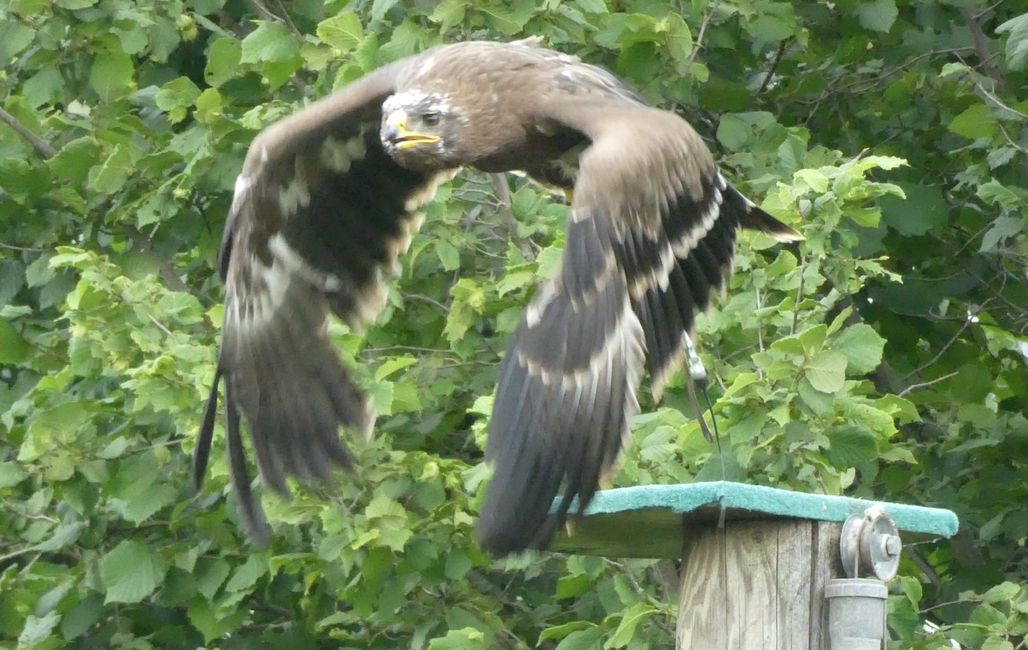
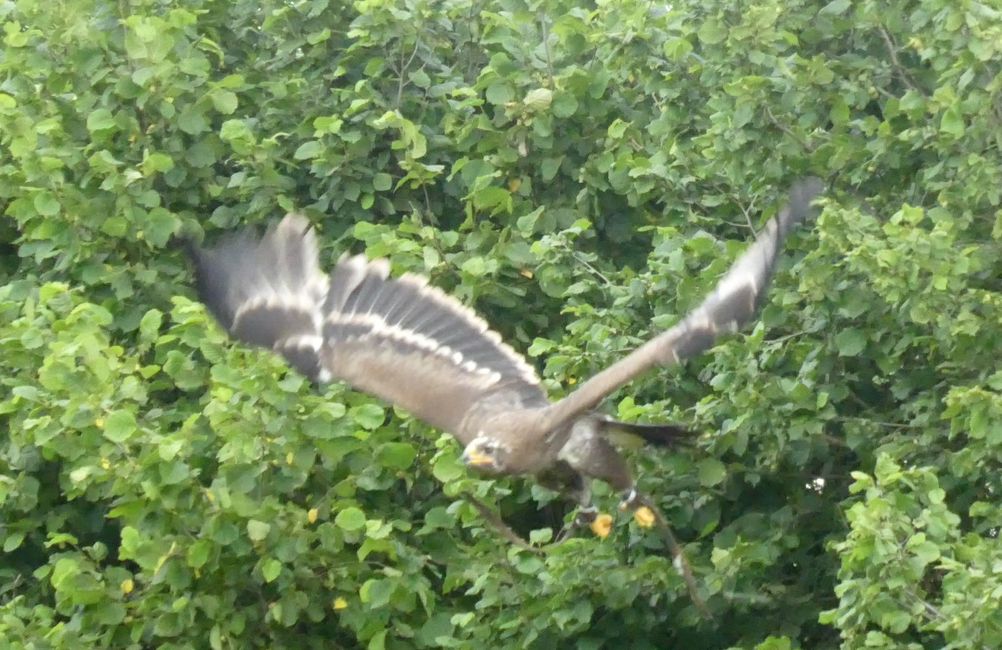
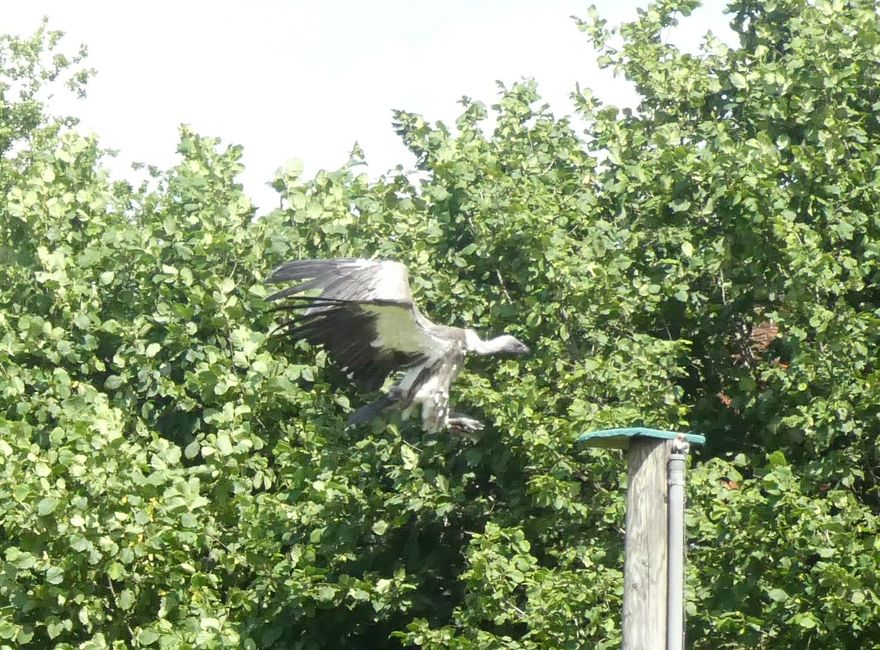
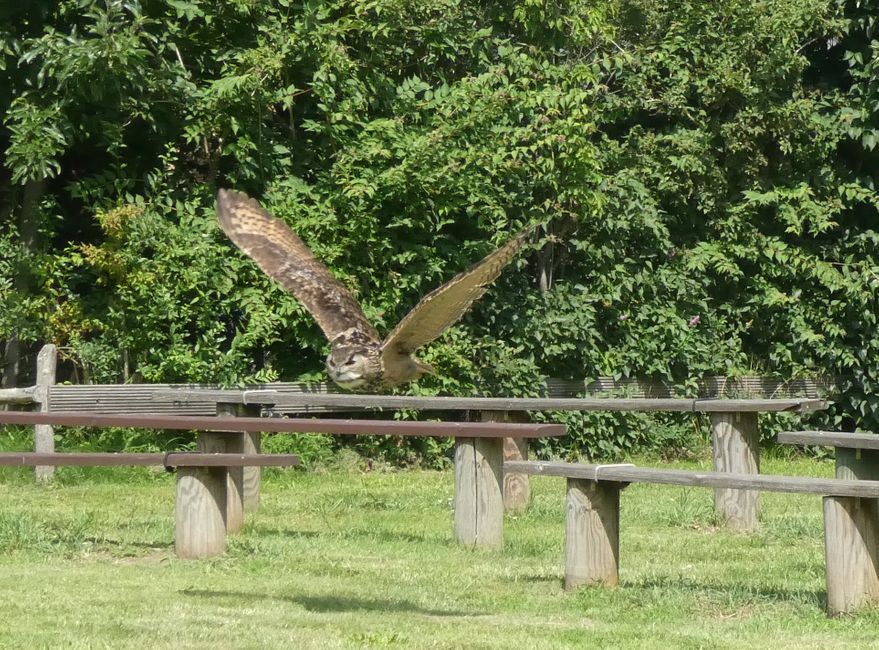
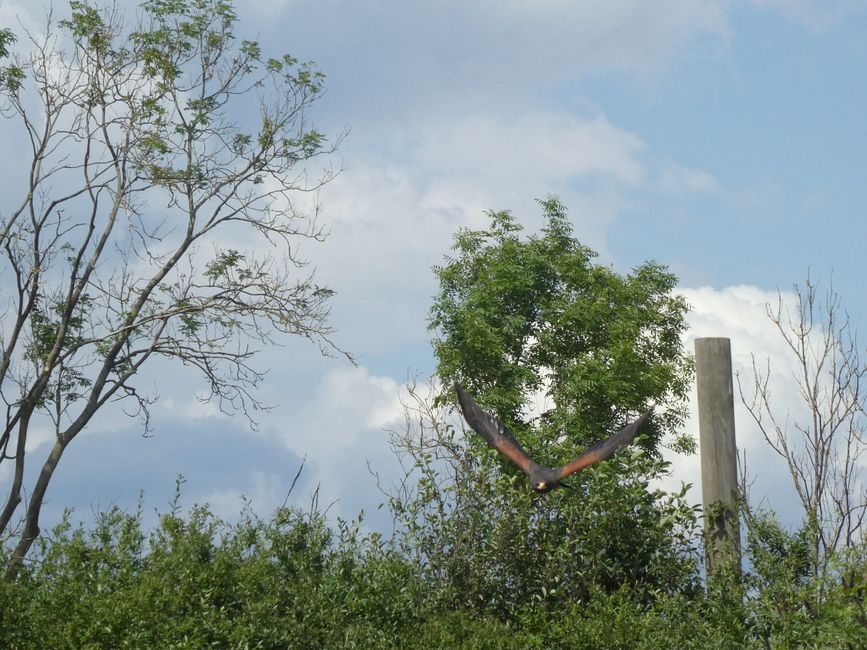
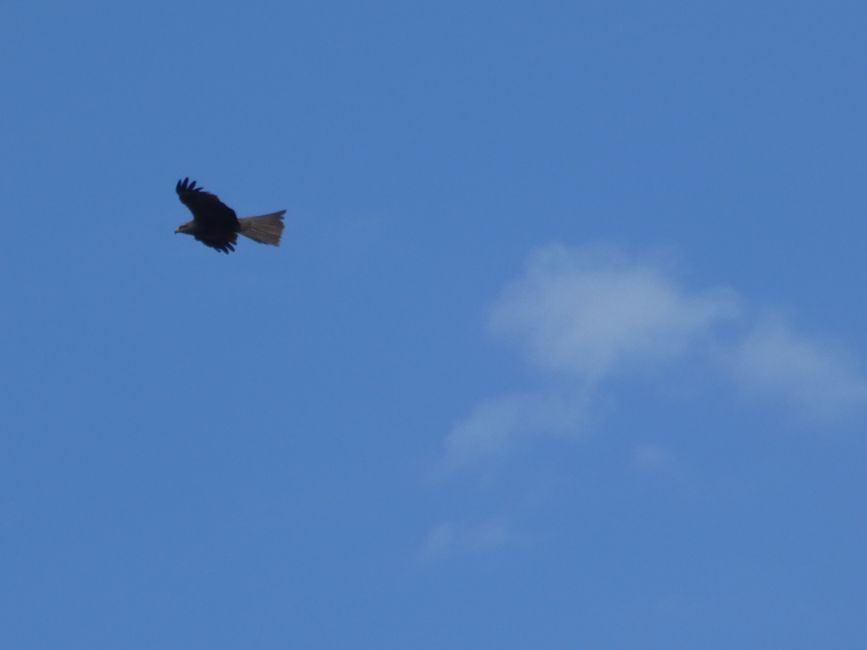
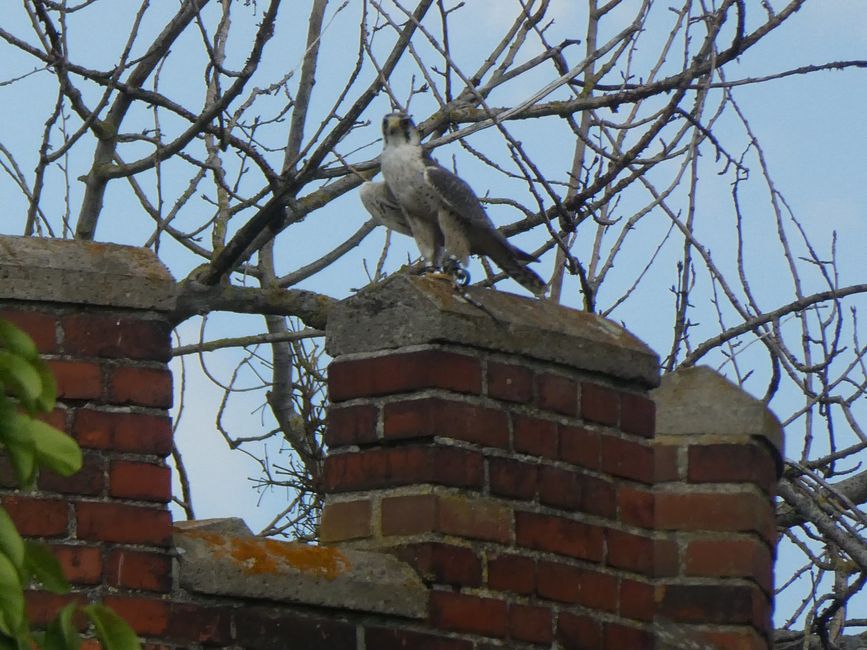
Naročite se na glasilo
In the morning we first drove to Oranienbaum Palace. The place Oranienbaum was once called Nischwitz, until Prince Johann Georg II gave it to his wife Henriette Katharina as a wedding gift in 1639.

The Princess of Orange gave it its present name in 1673 and had a palace, park, and city built there. There is currently a lot of renovation going on in and around the palace.
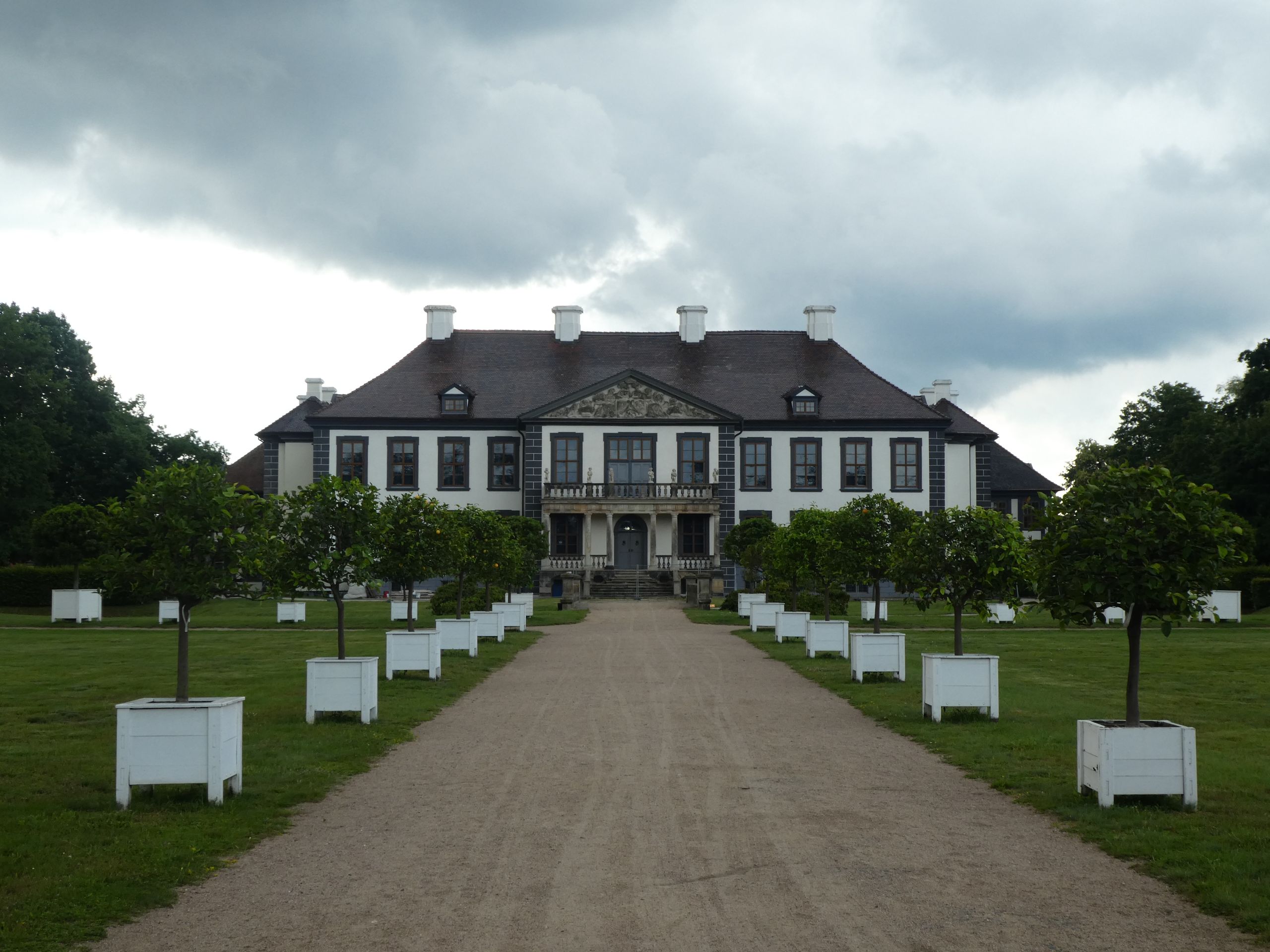
Most of the rooms have not yet been renovated and still look a bit dreary and dilapidated. The 'summer dining room' was impressive, a cellar room completely lined with painted tiles that remained pleasantly cool in summer. Our guide called it the 'most expensive cellar' of that time.

The palace has many rooms decorated with Chinese-style wall paintings, furniture, and ceramics. In the park, you can also find a Chinese tea house and a pagoda.
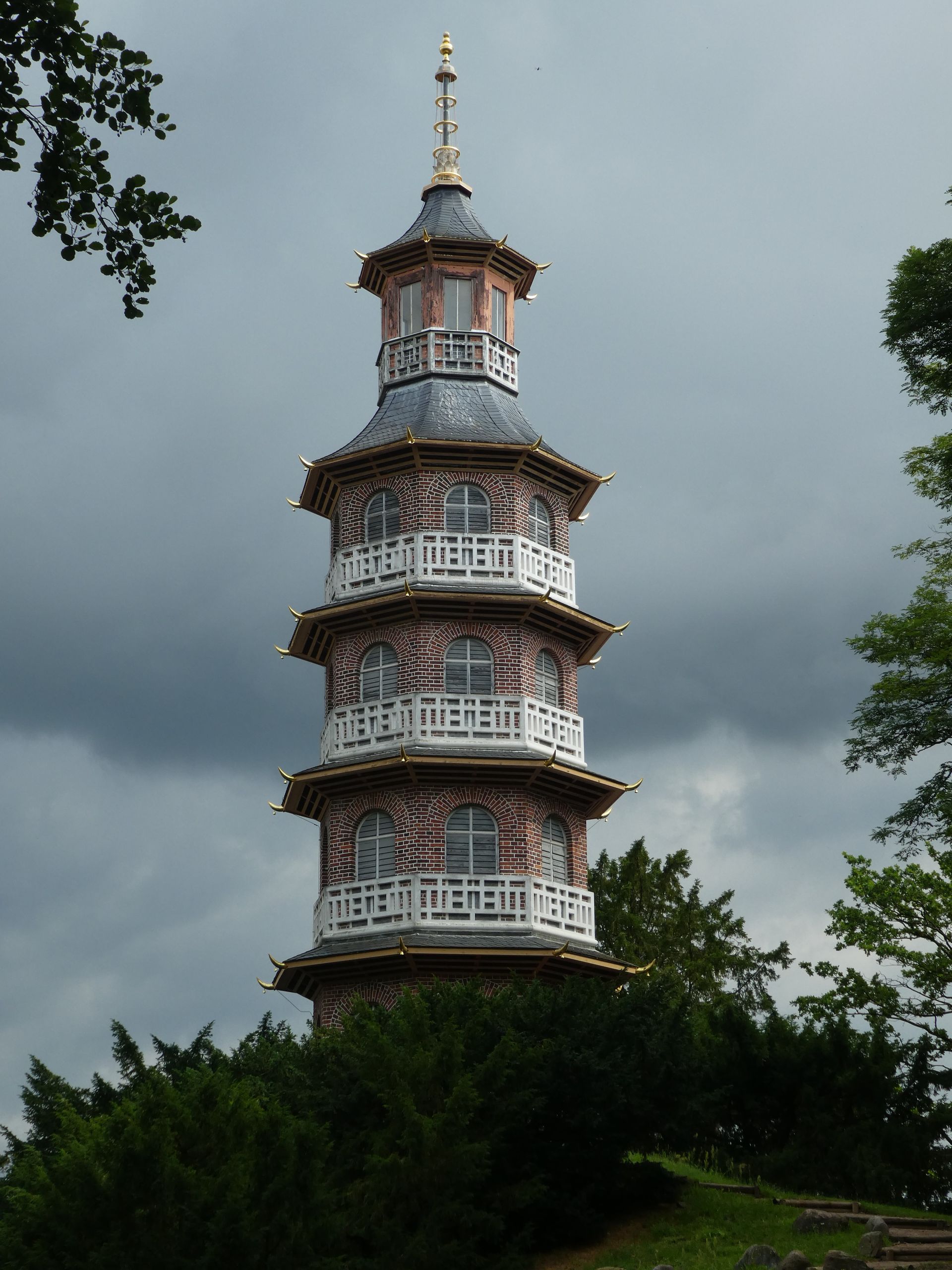
The town was planned from scratch, and the streets run at right angles to each other, giving a view of the market square with a steel orange tree with 9 fruits from the palace. They represent the 9 children born alive to Princess Henriette Katharina.

In a small display in the church in Oranienbaum, we saw her family tree and learned that only one boy reached adulthood. He later became known as 'Old Dessau' Prince Leopold I.

In the palace park, there are numerous citrus trees, all of which are placed in the park in summer from a huge orangery. We also saw an old 'planting tower' which, as we suspected, can be used to lift the trees and plant them in larger pots.

To see more of nature, we then drove to the Mittelelbe Biosphere Reserve. There is actually a visitor center with information about the area.
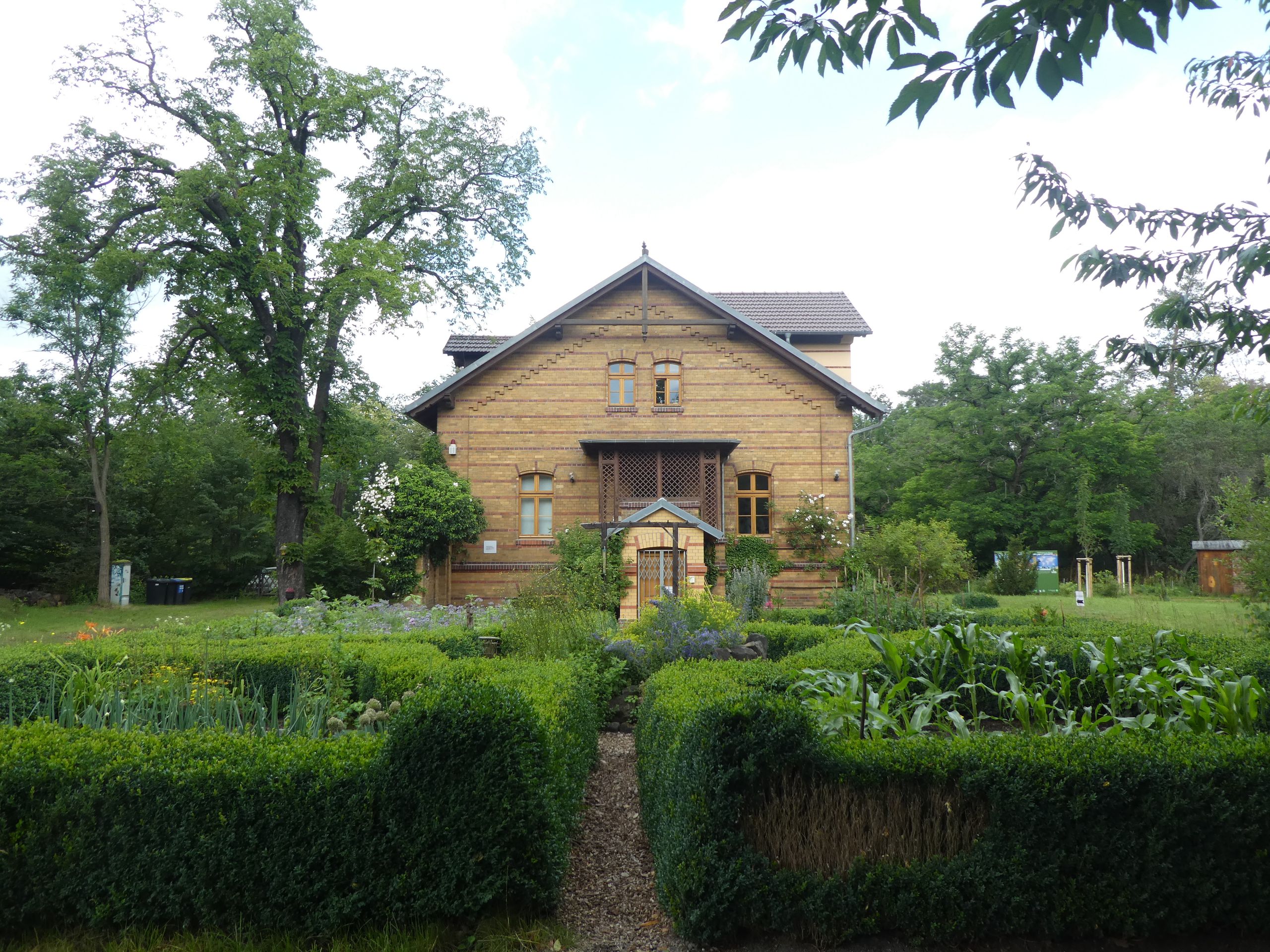
However, the exhibition indoors was unfortunately closed, so we could only explore the outdoor area.
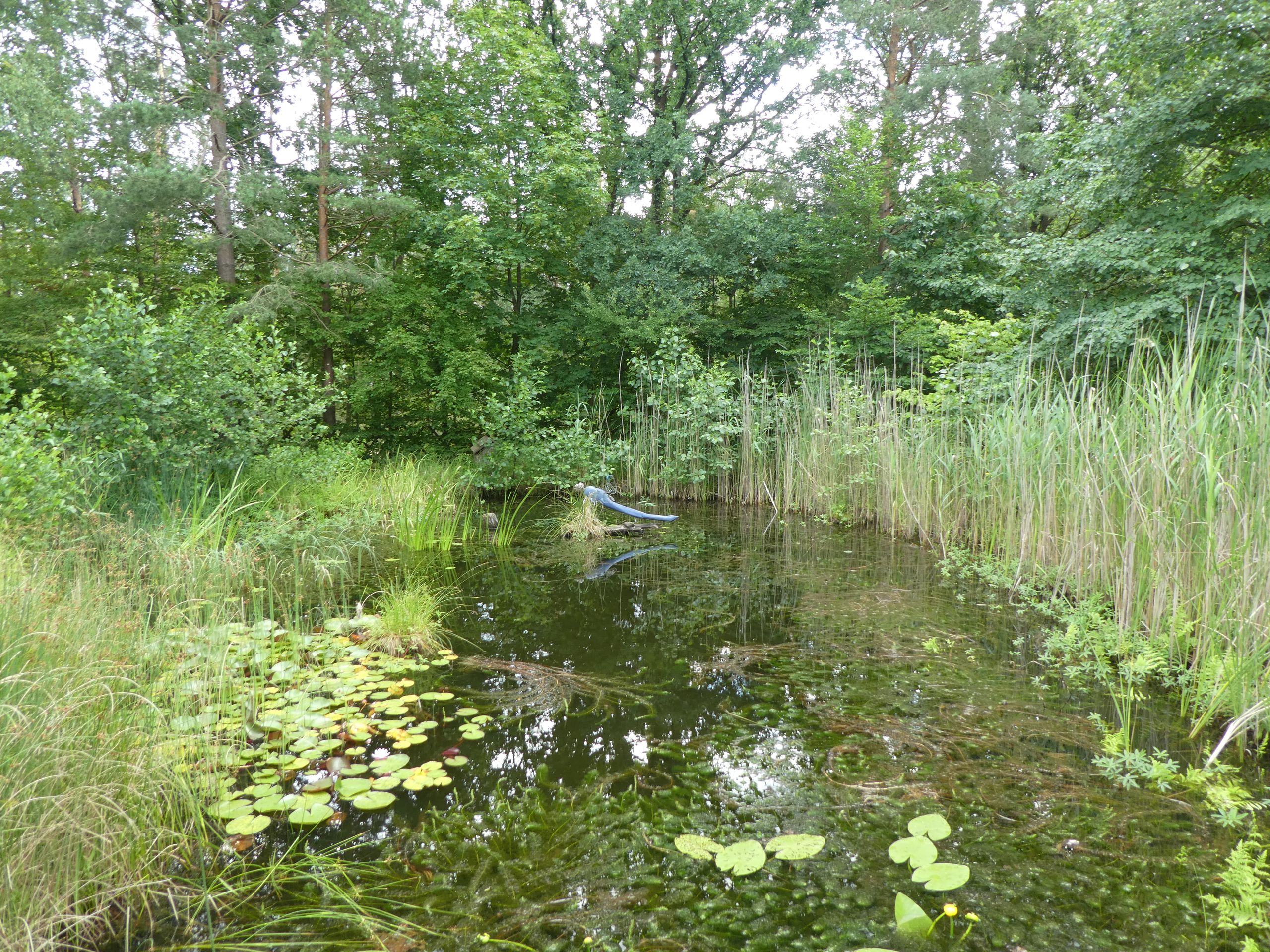
We then decided to take a hike through the forest to a beaver enclosure, which is also part of the reserve. Initially, we followed some signs and tried to navigate with the help of a rather inaccurate map.

Unfortunately, the already poorly recognizable path ended after a while in the woods and was now completely unrecognizable. Therefore, we returned to the road and walked through the woods on this road to the beaver enclosure.
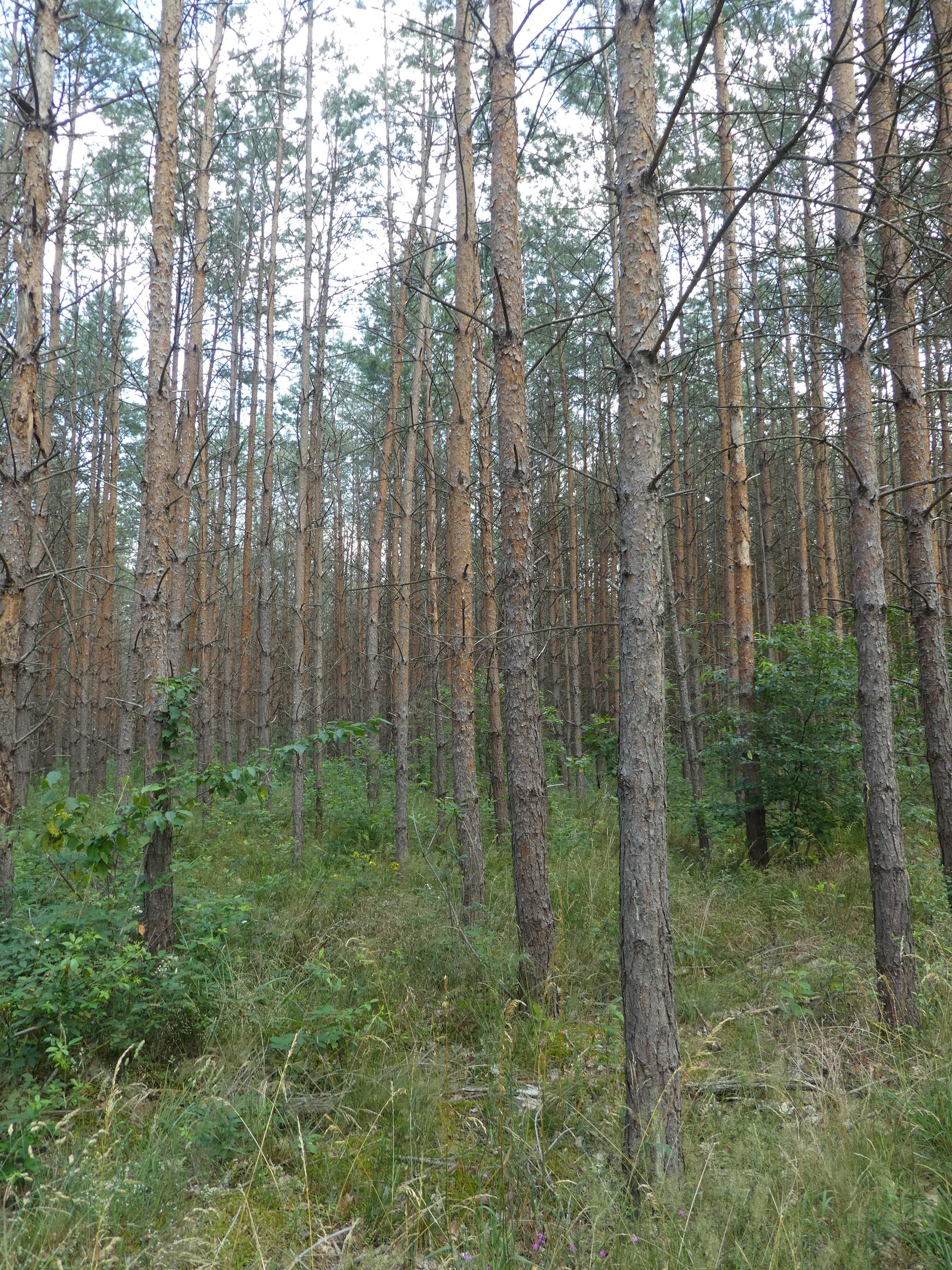
There we encountered the next disappointment: the enclosure was only accessible to visitors on weekends, which was unfortunately not announced anywhere in advance. At least there was an observation tower nearby, from which we could partially overlook the enclosure.
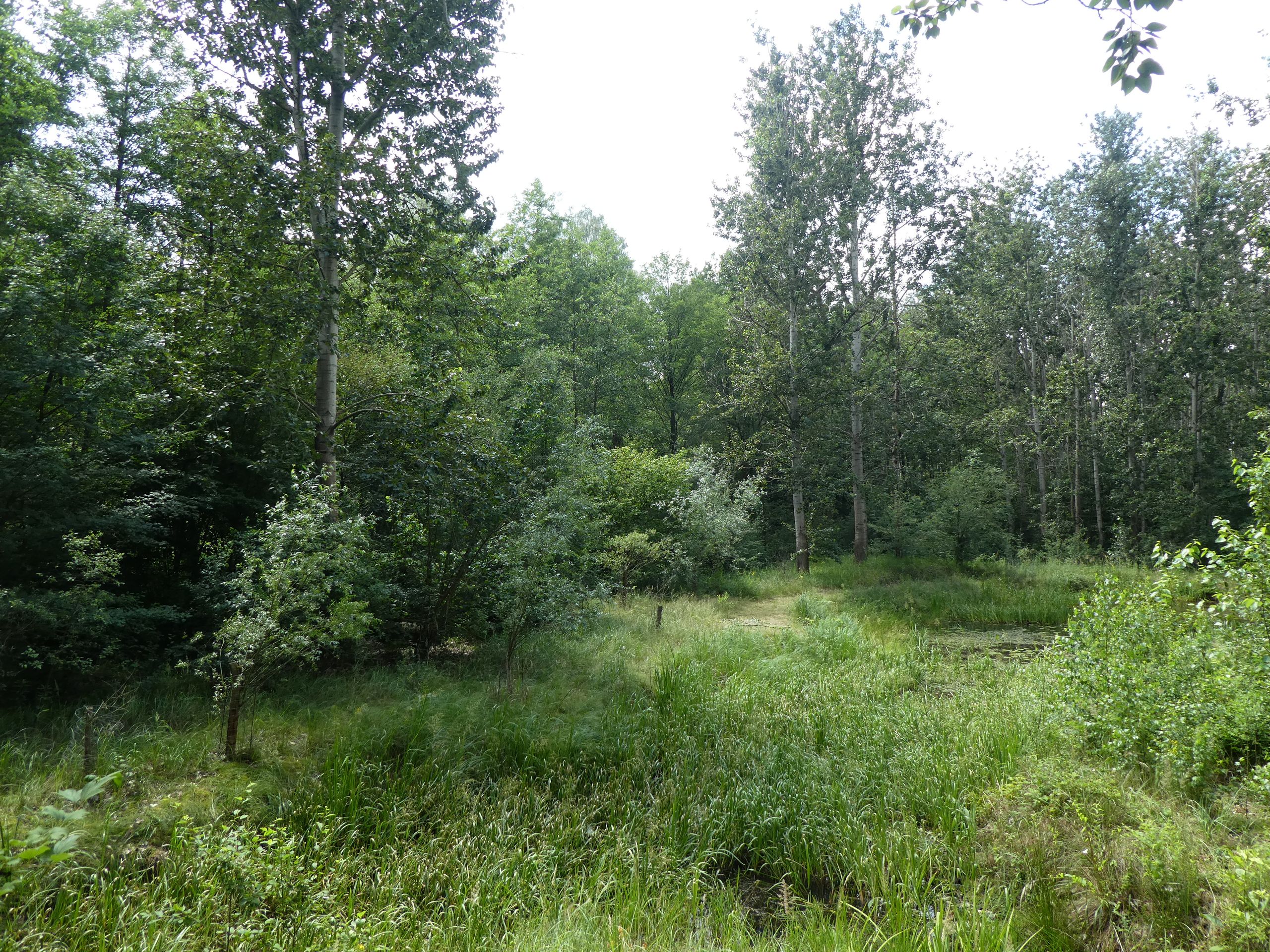
(Not quite) patiently, we waited on the tower and hoped to spot a beaver in the reeds. Unfortunately, we didn't see any of the animals - maybe they were hiding in their lodge. But we did see some beautiful swallowtail butterflies that changed color depending on the light.

At 3 p.m., there was a flight demonstration at the Wörlitz Falconry, which was on the way back to our hotel. So we left the viewpoint without seeing any beavers to be on time for the flight show there.

The show was very entertaining, and various birds of prey were introduced.
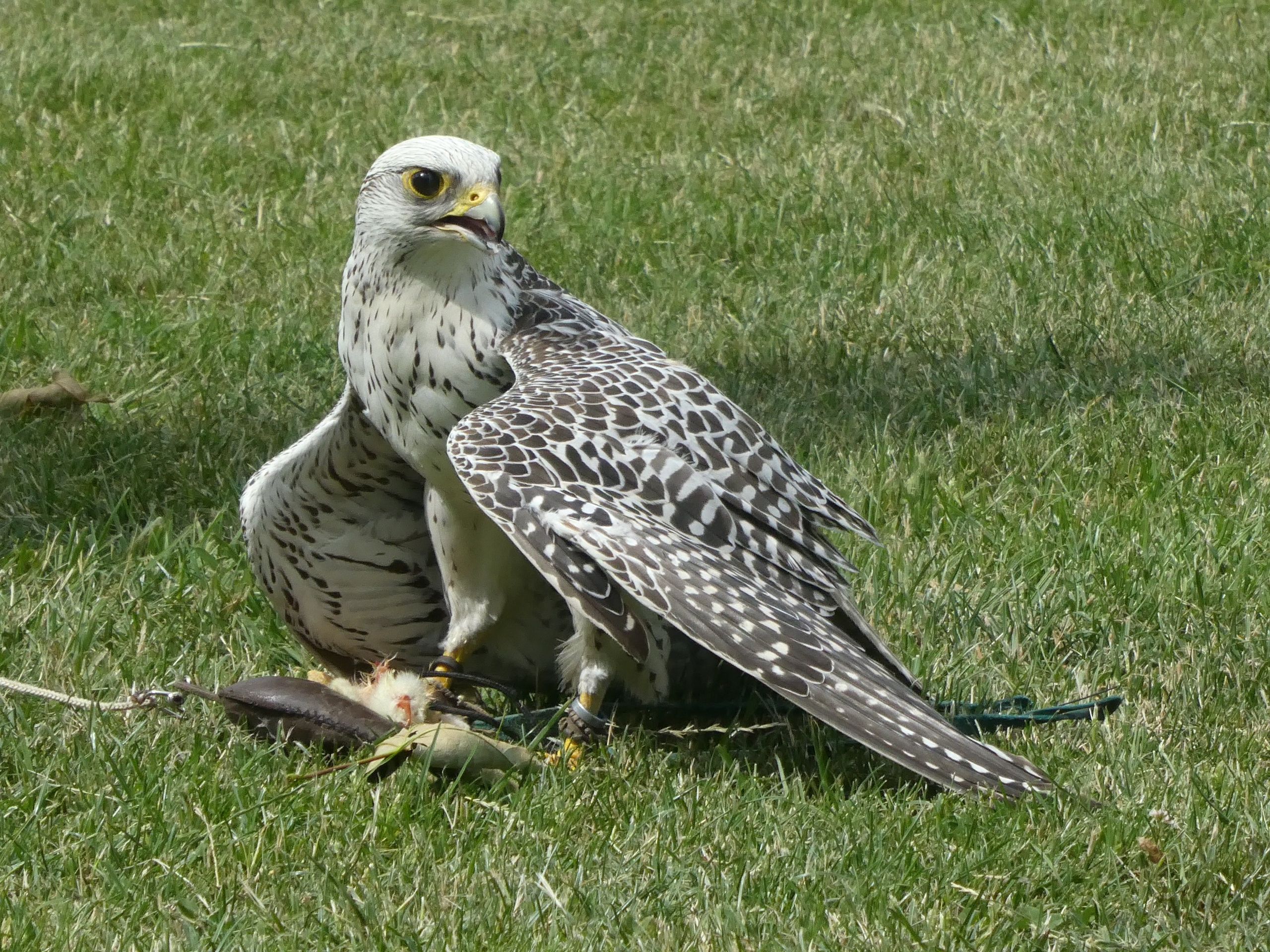
Even before the start of the show, several kites were circling above us, and we wondered if they were also part of the show. As it turned out, they were indeed wild birds that came by every afternoon to pick up a few easy meat tidbits.
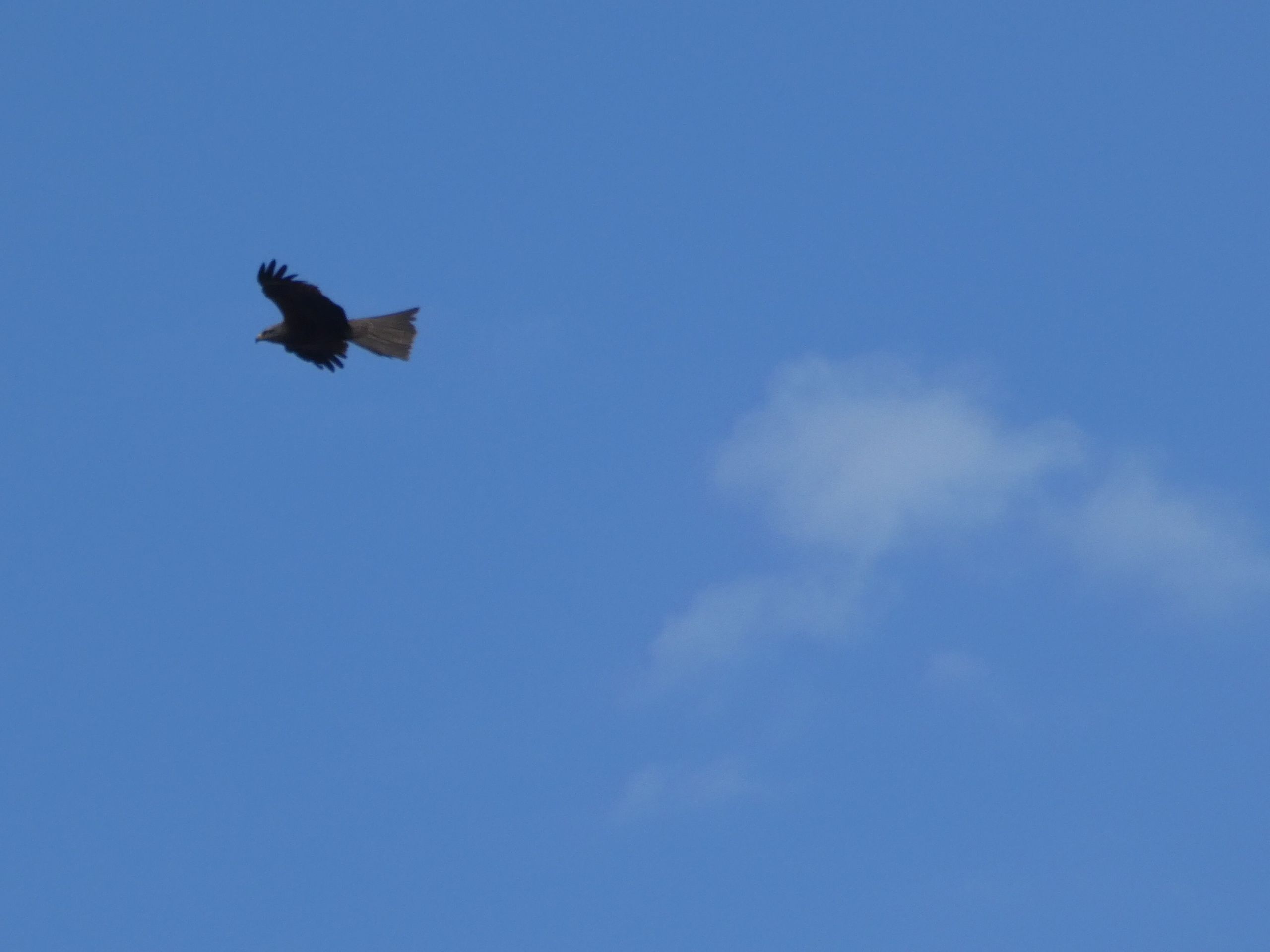
During the show, more and more kites joined in, until finally, five wild birds wanted to be fed before the show could continue undisturbed.

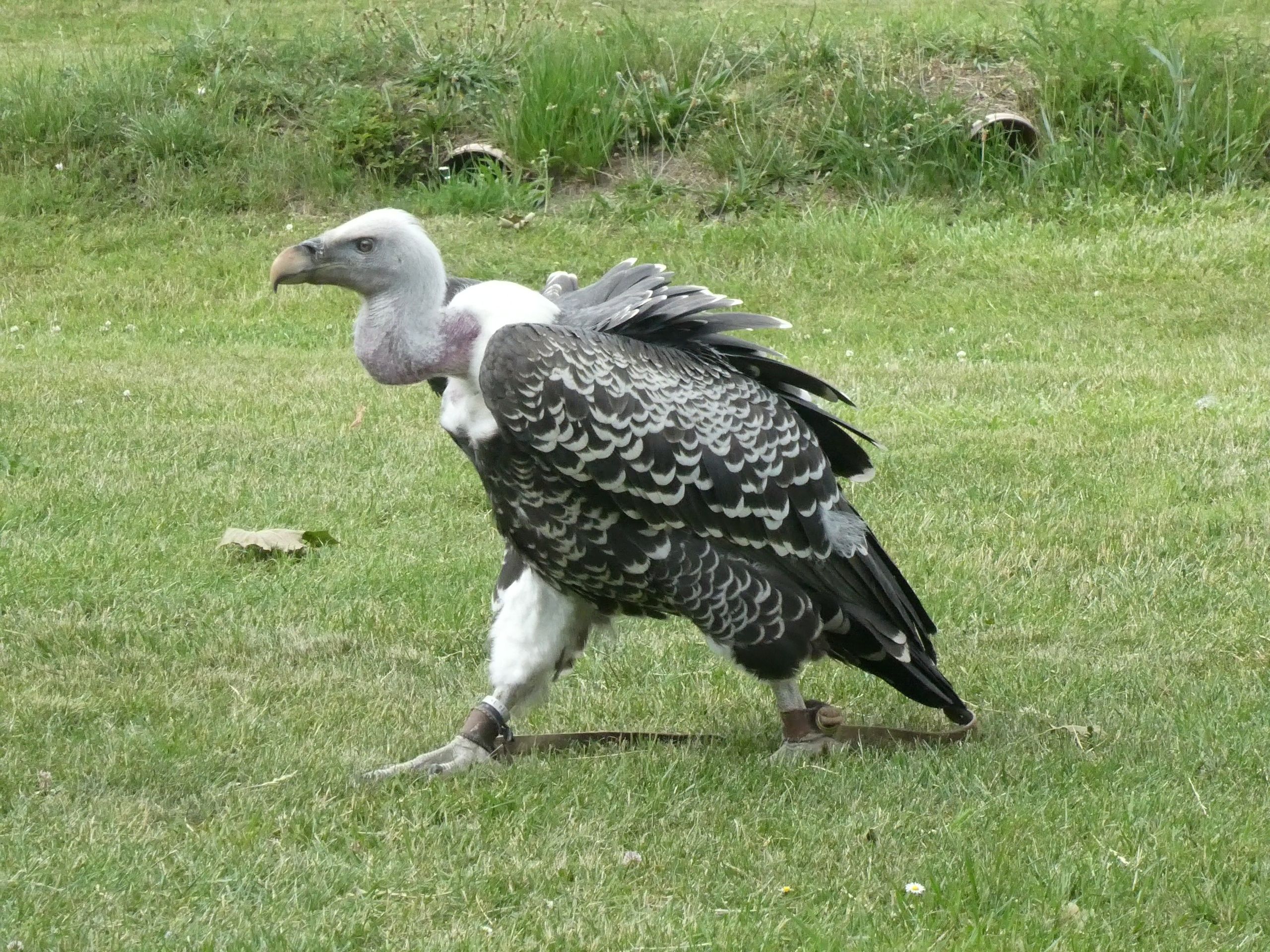
In the evening, we enjoyed one last dinner with a view of the Elbe in our hotel, as the next morning we would be heading towards the Elbe Sandstone Mountains.
Naročite se na glasilo
Odgovori
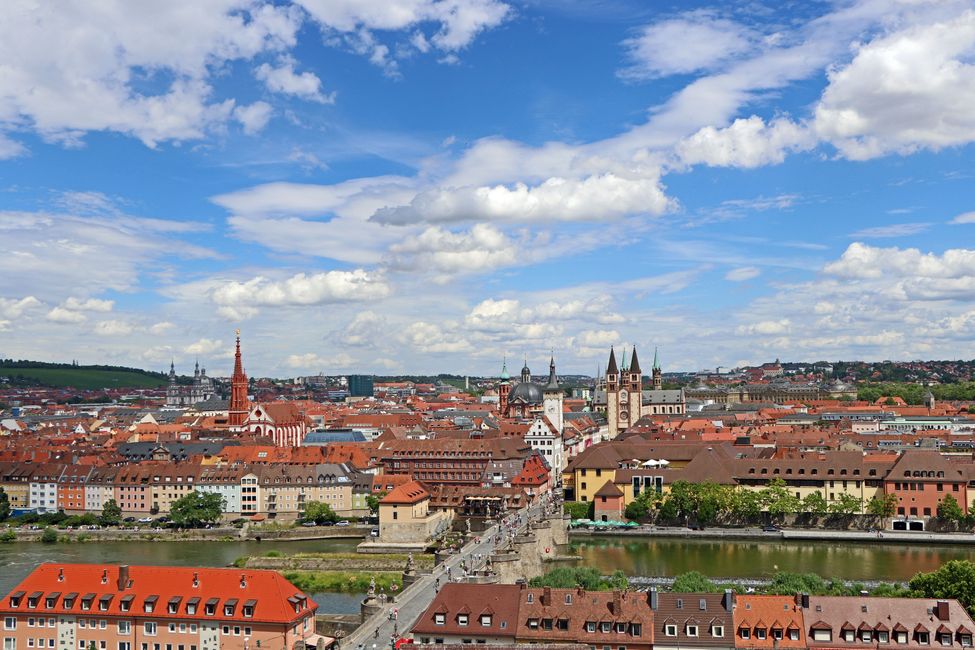
Poročila o potovanjih Nemčija
